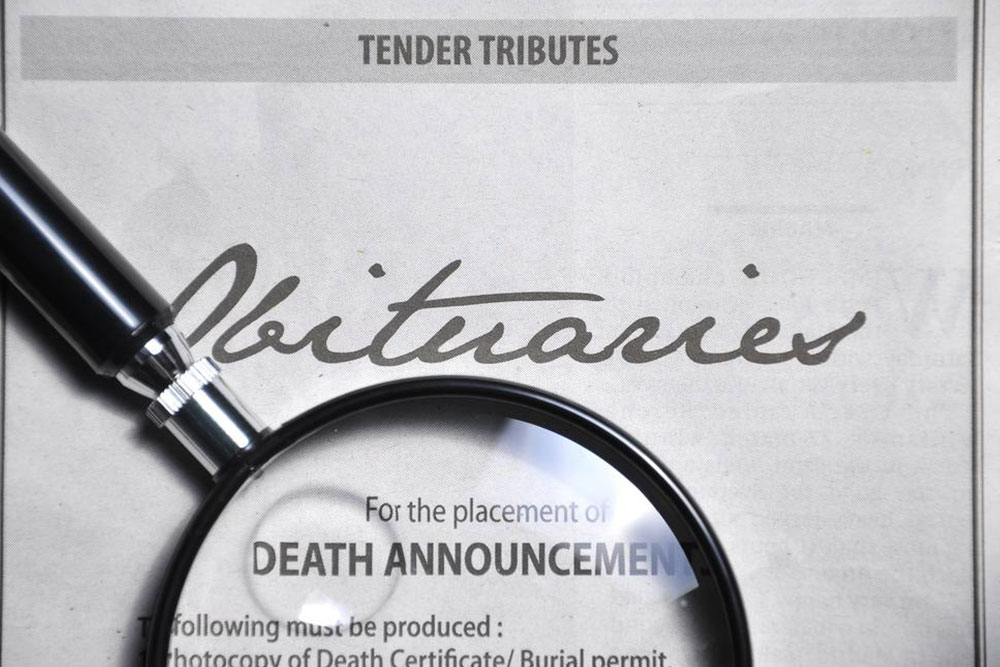Essential Tips for Visiting Public Property Archives
Discover essential tips for visiting public property archives, including entry requirements, device policies, copying procedures, and permissions for publication. Gain insights to ensure a smooth and compliant research experience at government record centers.

Essential Tips for Visiting Public Property Archives
Public property archives are accessible to researchers and the public, but there are key points to keep in mind before your visit. Here are important do's and don'ts for navigating a records office or archival facility.
Security Procedures: Entry is often restricted to individuals with valid government-issued identification. Registration is usually required, using IDs such as driver’s licenses or passports, for security purposes and authorized access to sensitive records. This process ensures only eligible visitors can access public documents.
Device Usage Policies: Regulations regarding cameras, smartphones, and electronic devices vary by location. Visitors are responsible for adhering to specific guidelines, such as keeping phones on silent to avoid disruptions. Usage of laptops or other gadgets depends on the archive’s rules and the nature of research.
Reproducing Records: Photocopies and digital reproductions are typically available for a small fee, often a few cents per page. Costs are set by each archive. Reproductions for purposes beyond research, like publication, require prior permission from the archive, respecting copyright laws.
Publishing Archives Material: Making copies for publication differs from personal research. Archives often require a formal request or letter of intent before publishing any archived materials online or elsewhere. Proper authorization must be obtained beforehand.
Registration Requirements: Access usually involves registration, which varies based on age, eligibility, and other criteria. Details are available on the official websites of each archive or records office, and registration procedures differ from one jurisdiction to another.
Note:
Our blog offers a wide range of informative content for readers. While our research aims to provide useful insights, it should not be regarded as definitive. We are not responsible for potential inaccuracies or variations across other sources. Additionally, some programs or offers may not be covered here but could benefit readers.









